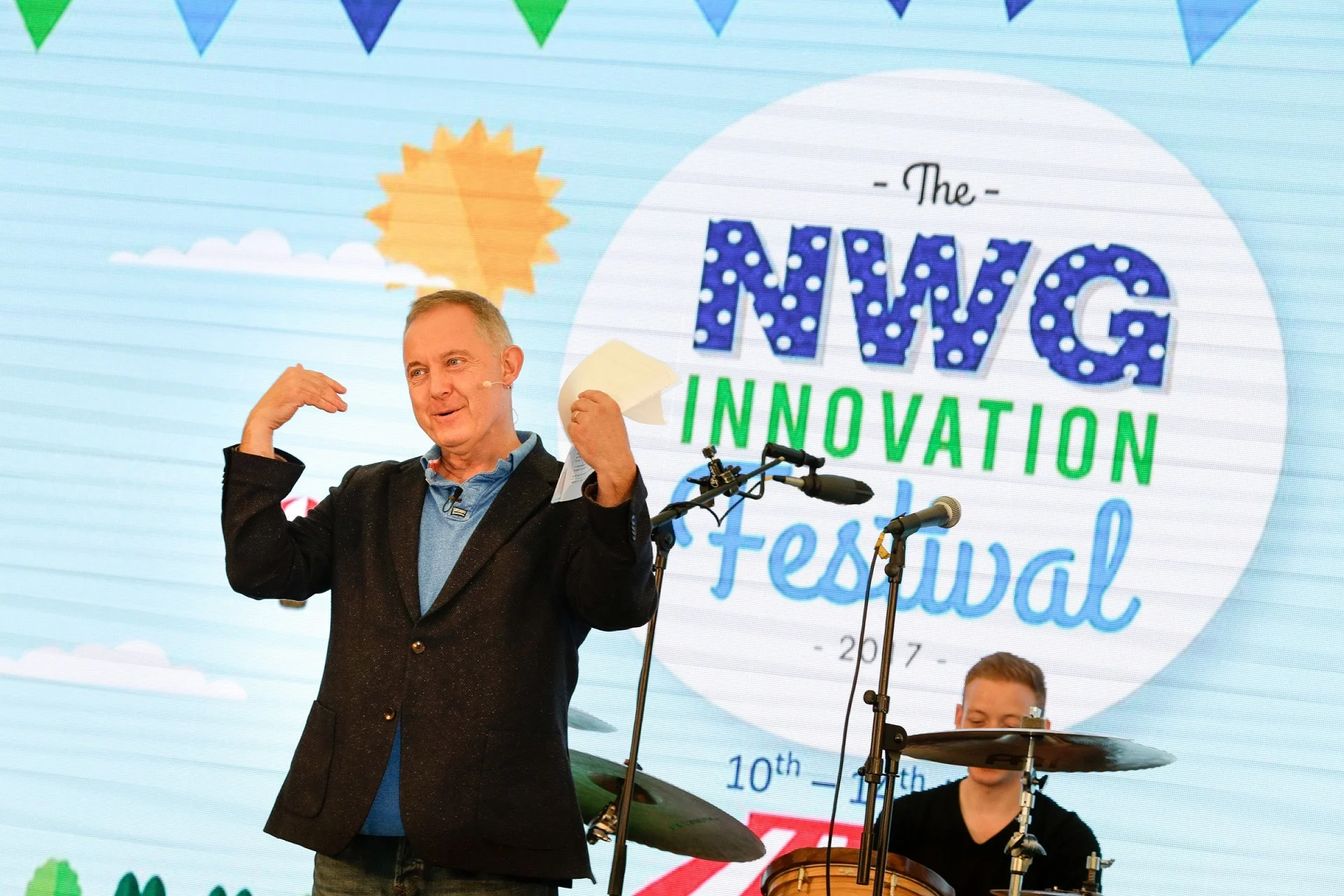Yesterday I took a trip up to Durham to visit Northumbrian Water as part of the Disruptive Innovators Network run by Ian Wright (no, not that one).
If you’re like me you don’t get excited by your water supplier - and take it for granted. Fresh running water is such a privilege of living in the West you forget that over 800 million people in the world don’t have access to a safe supply.
You probably don’t think about your water company a lot at all , much less equate them with innovation.
Yet here is a for-profit company committed to social innovation in ways that would shame most non-profits.
Here’s some things I took away:
Big goals stretch what people believe is possible
Goals are set to challenge their mindsets. For instance they’ve set a goal of eradicating water poverty across their supply areas by 2030. That’s 400,000 customers they’ve got to make a really significant financial difference to.
It’s early days but they are already utilizing the gig economy to get customers to do some paid tasks for them and are exploring new partnerships to get better deals across other fuel tariffs.
There’s no guarantees in innovation-get used to it
Failure is fine - as long as it’s controlled.
They estimate that between 40-50% of experiments fail, but see this as an investment in learning rather than a sunk cost. There’s distinction made between relatively small test and learn investments (building an Alexa skill for example) and longer term explorations over 3 - 5 years (laying fibre through the sewers).
Design Sprints: short bursts of coordinated activity
Problems are tackled using sprints to get through problem definition and into prototype as soon as possible. It’s an inclusive approach that draws on the quiet voices within the organisation as well as the louder ones. These different perspectives are key for breakthroughs.
Get IT at the front of the bus
Unlike in many organisations it was clear the role of the IT team is driving the change, getting closer to the business solutions it supports
Aiming to be the most digital water company in the world they know they have to constantly listen to internal and external customers: “we can’t predict the technologies of the future but we can prepare for any change”
Creating a culture of innovation
The CEO Heidi Mottram was clear, innovation is a process yes , but it’s also part of your culture. If you want people to experiment and strive for better there has to be undertstanding that you’ll make mistakes and be forgiven.
A key message was "Be generous with your knowledge. Collaborate with partners. Don’t try and claim IP on everything”
The company values open innovation so much it has run a large scale festival for the past two years “an idea dreamed up in the back of a cab”.
It’s a unique event, taking 12 societal and environmental problems and applying design thinking techniques to try to solve them in five action-packed days. Anyone can attend - even employees of other water companies.
A great day with an overall takeaway:
designing around the customer + not over thinking + good judgement + a bias toward action = good things happen



